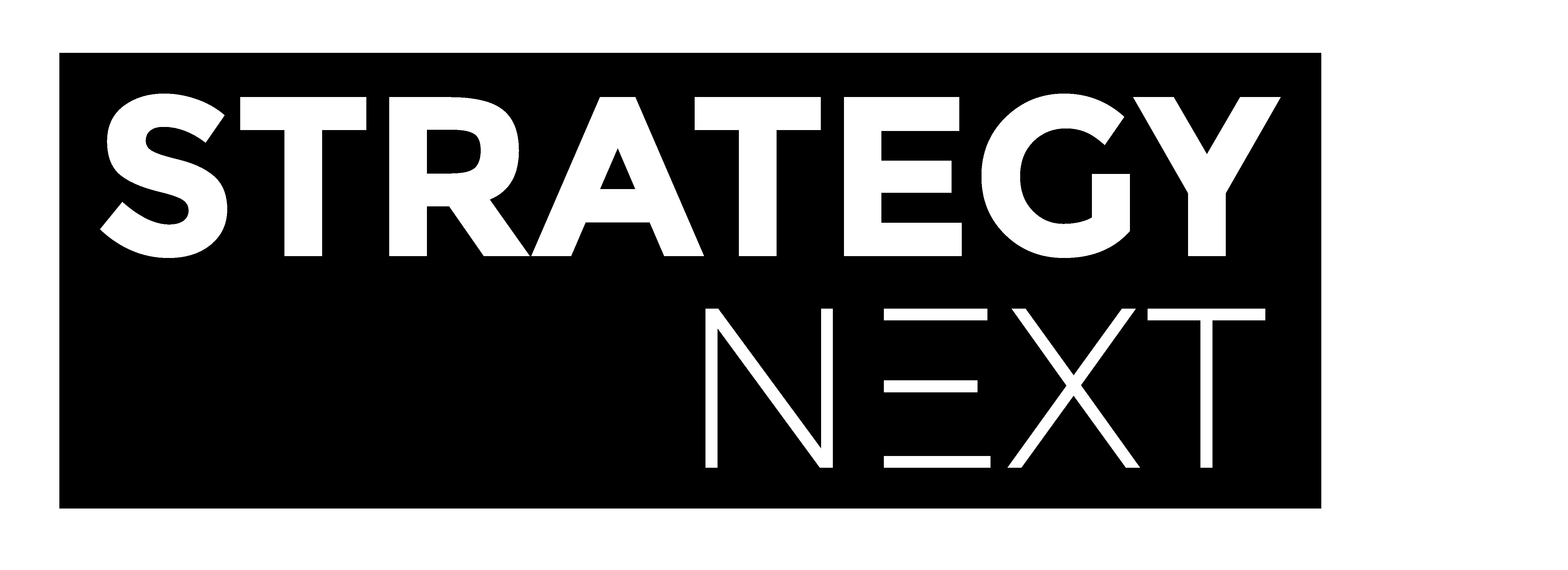LinkedIn has released its annual report on recruiting trends that has shed light on the importance of uncovering a potential employee’s soft-skills as being critical to hiring the right candidate.
The report included insights from over 8,000 recruiters and hiring managers and reported on emerging trends that executives are concentrating on during the hiring process. Of these new trends, 59% of respondents indicated uncovering a candidates soft-skills was the most useful innovation in hiring. Alarmingly however, 63% of those surveyed indicated that a traditional interview fails to adequately uncover an executive’s soft-skills.

Soft skills are a critical skill-set which is often left off the traditional resume. Linked with emotional intelligence, soft-skills are a combination of people and interpersonal skills that are utilised by humans to manage a variety of complex environments.
Soft-skills are a becoming an increasingly important benchmark for leading businesses around the world, particularly in the technology industry. For example, the seven top characteristics of success at Google are all soft-skills: being a good coach, communicating and listening well, possessing insights into others, having empathy, being a good critical thinker, problem solving, a well as the ability to make critical connections across a complex idea. The company looked at this in greater detail in their recently released research guide Project Aristotle.
LinkedIn’s report connects the need to uncover soft-skills with the need to interview differently. Although many organisations are taking their own unique approach to hiring, the report indicates that the more traditional your approach is, the harder it will be to uncover the skill-sets that matter.
Examples provided are simple but could have a huge impact in your team’s eventual make-up. The report explored the idea that many organisations are adding another layer into the interview process aimed at uncovering the soft-skills of the person sitting in front of you. These can be as simple as catching up with a candidate for a coffee in a casual setting, or through utilising virtual reality technology that looks to place the candidate in a real-life situation.
With machine learning and process automation tools becoming increasingly important in business strategy, having humans who are great at doing human things will become a critical element when building any team, be-it financial, digital or technological.
Sources:Google’s Project Artisotle, LinkedIn

















